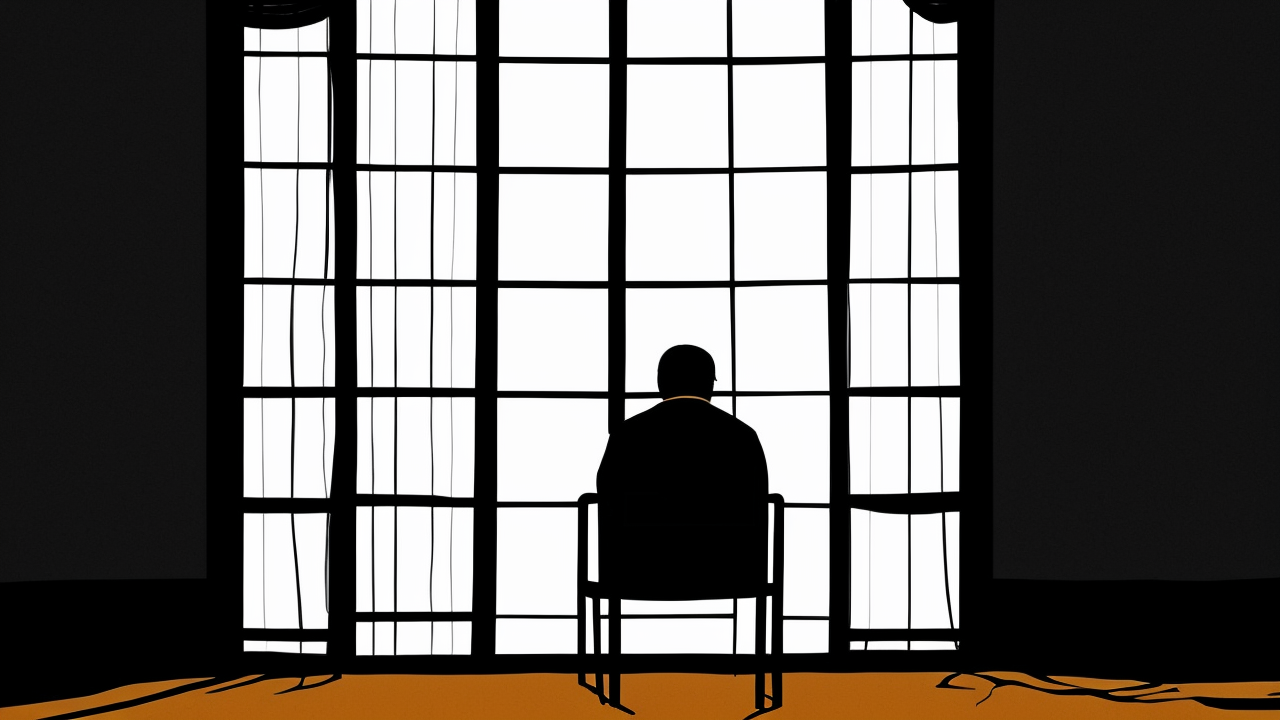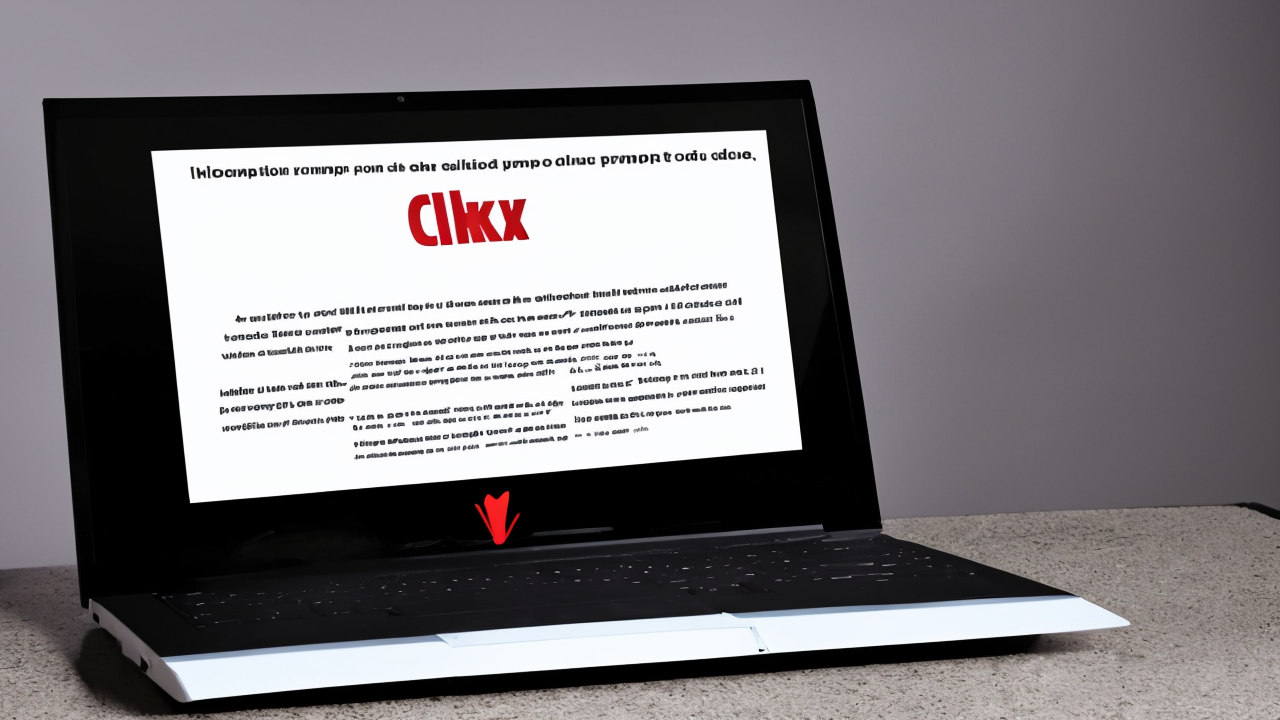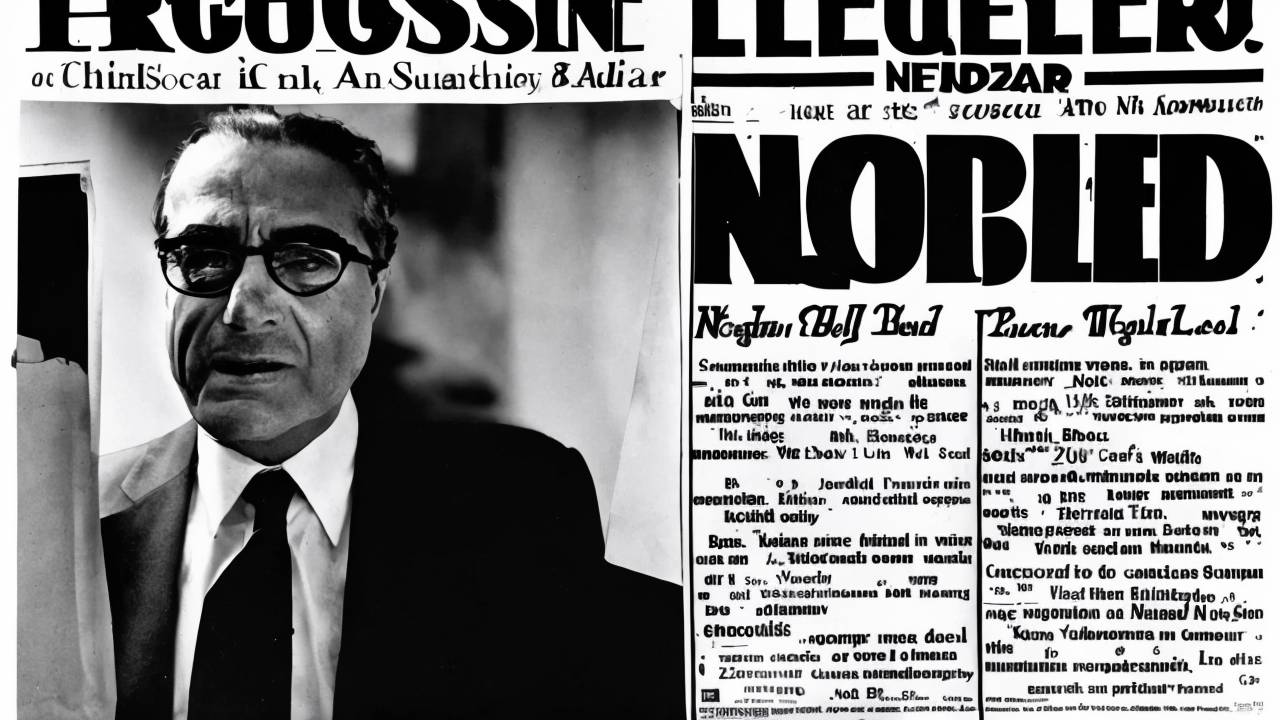Canada Loses Measles-Free Status Amid Declining Vaccination Rates

Canada has lost its measles-free status after a surge in cases that has now reached 5,138, including two infant deaths linked to congenital exposure. This setback is not simply a medical milestone—it reflects a broader breakdown in the social contract between individuals and the institutions meant to serve them. Measles remains a serious virus, highly contagious and capable of spreading rapidly, especially in communities where immunity has waned. But the real issue is not the disease itself. It is the growing tendency to solve complex problems with one-size-fits-all mandates, often at the expense of personal freedom and parental judgment.
The Americas were declared measles-free in 2016, a victory built on decades of coordinated vaccination campaigns. Yet since then, immunization rates have fallen below the 95% threshold widely considered necessary to maintain herd immunity. Outbreaks have flared in countries like Venezuela and Brazil, and now Canada and the United States face similar risks. The U.S., which had eliminated measles in 2000, is now in danger of losing that status as well. These trends are not random—they are symptoms of a deeper shift in how society approaches health, trust, and responsibility.
Certain communities, particularly some Mennonite groups, have seen higher rates of infection. It is important to understand that these communities do not universally reject vaccines. Many individuals within them make personal choices based on longstanding traditions, family beliefs, and a cautious view of government intervention. While some have been influenced by misinformation, the root cause is not ignorance alone—it is a legacy of distrust. When public health messaging is perceived as rigid, dismissive, or top-down, it breeds resistance. People are not inherently anti-science; they are often reacting to a system that has failed to earn their trust.
Public health officials rightly emphasize the importance of high vaccination rates. But the solution should not be coercion. When governments treat informed consent as a liability rather than a cornerstone of medical ethics, they undermine the very values they claim to protect. The idea that 95% is a sacred number may be useful in policy discussions, but it is not a moral imperative. It is a target, not a commandment. And when that target is enforced through mandates, surveillance, or penalties, it risks turning health care into a tool of control.
The true threat to public health is not low vaccination rates alone. It is the erosion of personal responsibility—the belief that individuals no longer need to think critically, weigh risks, or take ownership of their decisions. It is the assumption that only the state can protect us, and that dissent is dangerous. That mindset is far more damaging than any virus.
A healthier approach begins with honesty, not fear. It means listening to concerns, offering clear and consistent information, and respecting the role of parents in guiding their children’s health. It means recognizing that faith, tradition, and community values are not enemies of science—they can be partners in building resilient, informed communities.
We can protect children without sacrificing freedom. We can promote public health without abandoning the principle that individuals are capable of making responsible choices when given accurate information and space to reflect. The path forward is not through mandates, but through dialogue. Not through punishment, but through partnership.
True strength lies not in uniformity, but in the ability of diverse individuals to come together in shared purpose—guided by reason, rooted in integrity, and grounded in mutual respect. When we restore that balance, we do more than prevent disease. We preserve the dignity of the individual and the health of the nation.
Published: 11/10/2025








